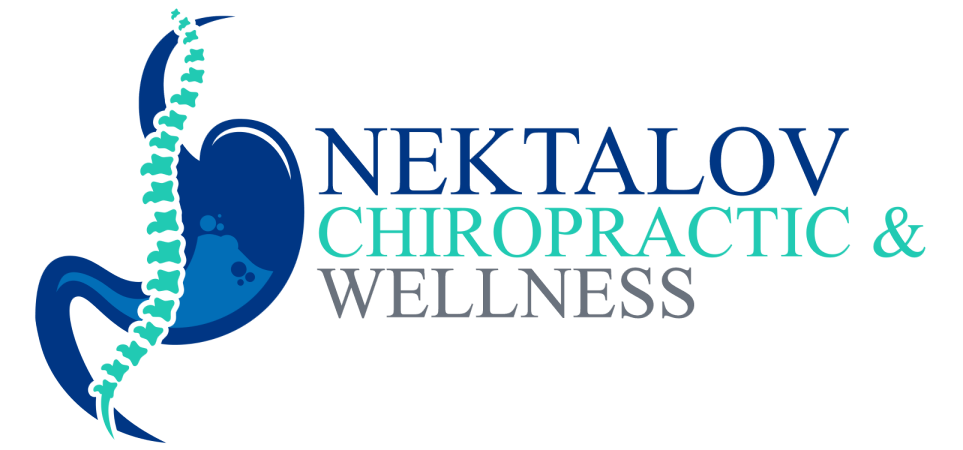Imagine waking up one morning with a sharp, relentless pain shooting down your leg. You can’t sit comfortably, standing hurts, and even lying down offers no relief. You’re told it’s a herniated disc—but what if I told you the root cause isn’t just structural, but also biochemical? What if your digestion, specifically your ability to break down protein, is directly tied to the health of your spinal discs? Hey everyone this is Dr Boris Nektalov stick around, because today we’re diving deep into the science behind spinal disc health and how poor protein digestion could be setting you up for chronic pain and injury.
Let’s break it down. Your spinal discs sit between each vertebra like tiny cushions, absorbing shock and allowing smooth movement. Each disc consists of two main parts: the nucleus pulposus, a gel-like center rich in water and proteins, and the annulus fibrosus, a tough, fibrous outer layer made of collagen and elastin fibers.
The annulus fibrosus provides strength and structure, keeping the soft nucleus pulposus contained. Think of it as a strong rubber casing protecting a jelly-like core. However, like any structure in the body, it requires constant maintenance and repair, which is where protein and amino acids play a crucial role.
The spinal disc is made up of 90% of water. Your discs don’t have their own blood supply. Instead, they rely on a process called diffusion to absorb nutrients and eliminate waste. This means that the health of your disc depends on the quality of nutrients available in your body. And guess what? Those nutrients come from the proteins you digest and absorb!
Here’s where things get interesting. The nucleus pulposus, the jelly-like core of your disc, is made up of proteoglycans—molecules that attract and retain water. When fully hydrated, these molecules keep your discs plump, resilient, and able to withstand pressure. But hydration isn’t just about drinking water; it’s about holding water. That’s where amino acids from properly digested proteins play a crucial role. If your body lacks the right amino acids, your discs become weak, dry, and more prone to herniation.
As your spinal discs compress and decompress throughout the day, they act like sponges—absorbing nutrients and pushing out waste products. Movement, proper hydration, and nutrient absorption work together to keep your discs functioning optimally. But if your protein digestion is poor, your body lacks the essential building blocks to maintain and repair these structures.
This is why digestive enzymes are a game-changer. If your gut isn’t breaking down protein efficiently, you’re not absorbing the amino acids needed to repair your discs. Enzyme supplementation helps by ensuring that proteins are fully broken down into bioavailable amino acids, which then go to work in strengthening your annulus fibrosus and nourishing the nucleus pulposus.
Additionally, proteolytic enzymes, which help break down protein, play a secondary role in reducing inflammation around herniated discs. Chronic inflammation from poor digestion can lead to stiffness, pain, and slower recovery from spinal injuries.
By supplementing with the right enzymes, you enhance digestion, optimize nutrient absorption, and give your spinal discs the raw materials they need to regenerate and function properly.
Of course, enzyme supplementation is just one piece of the puzzle. To fully support your spinal health, consider adopting the following habits:
- Stay Hydrated: Proper hydration ensures your discs can retain the water they need for resilience.
- Eat High-Quality Proteins: Lean meats, eggs, fish, and plant-based proteins provide essential amino acids for disc repair.
- Move Frequently: Gentle movement like stretching and walking helps nutrient diffusion within your discs, and of course getting that release by chiropractic adjustment will play a huge roll.
- Improve Gut Health: A strong gut microbiome enhances digestion and enzyme efficiency, further supporting spinal health.
So, if you’re dealing with chronic back pain, herniated discs, or even stiffness, don’t just mask the symptoms—address the root cause. Start by optimizing your protein digestion with high-quality digestive enzymes. Want to learn more? Find an enzyme specialist in your area who can guide you on the best supplements for your specific needs. If you found this episode valuable, don’t keep it to yourself—share it with someone struggling with back pain! Hit that subscribe button, turn on notifications, and stay tuned for more eye-opening insights into your health. Because when you digest well, you heal well. See you next time!
